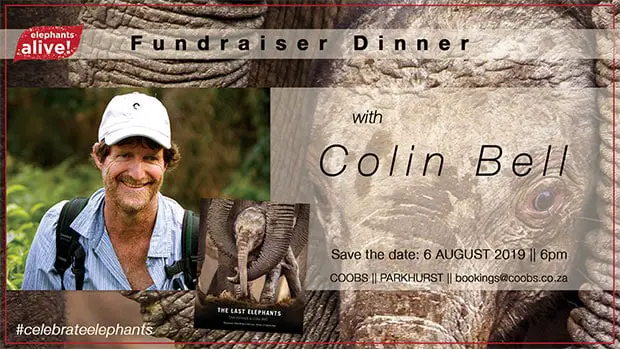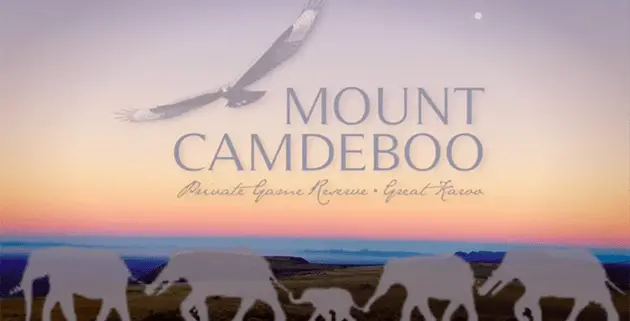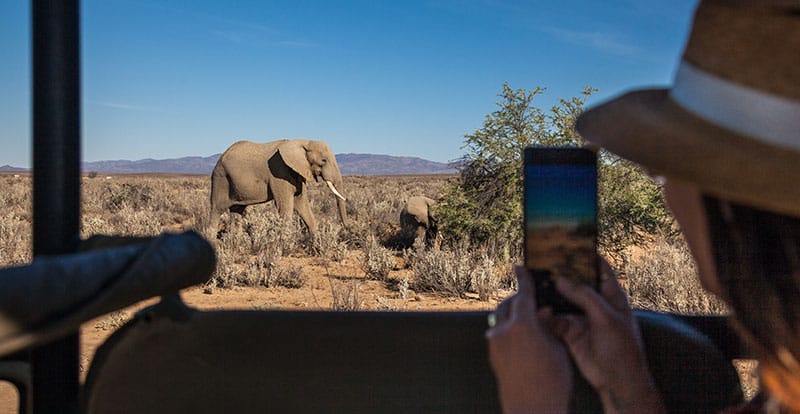The Killing of Tourism in South Africa
Canned lion hunting and trading in lion skeletons are having ever-widening negative ramifications for tourism in South Africa, with more than 40 airlines refusing to transport trophies, global marches, petitions, and hundreds of media reports combining to tarnish the country’s conservation credentials. By Louzel Lombard Steyn via eTN.
This is according to a report, Captive Lion Breeding, Canned Lion Hunting & the Lion Bone Trade: Damaging Brand South Africa, published by the Campaign Against Canned Hunting (CACH) UK, in association with a Netherlands based NGO and partner of CACH, SPOTS.
The groups say they are shocked by the reach of the coverage and global actions taken against the industry and South Africa. “We know the South African government is aware of the international criticism. But, we suspect it is unaware of the sheer scale of overseas media coverage, campaigns and actions and, in consequence, the extent of the damage to Brand South Africa.”
The report shows –
- 10 International Campaigns and NGOs focussed exclusively on stopping canned lion hunting and captive breeding or including the cause in their wider campaigns & activities.
- 62 Global Marches held in major international cities since 2014.
- At least 18 online petitions targeting at canned lion hunting, captive breeding and/or the lion bone trade – the largest of which has so far attracted over 1.8m signatures.
- 42 major international airlines refusing the cargo of lion trophies since August 2015.
- 4 Countries with Trophy Import Bans and/or Restrictions, namely the Netherlands, Australia, France and the US. The United Kingdom and European Union also placed restrictions and expressed its distaste at captive lion breeding and hunting.
In the media –
- 1 feature film (Blood Lions) released and screened in 175 countries, exposing the true practices within the captive breeding industry. PLUS: 2 upcoming films, to be released in 2018.
- 35 TV programmes and videos critical of canned lion hunting and/or captive breeding.
- 5 books, critical of canned lion hunting and/or captive breeding.
- 12 Global media reactions to the recent killing of the Kruger’s iconic lion Skye alone.
- A sample-selection of 49 articles criticising SA’s growing lion bone trade.
- A sample-selection of 58 articles from some of the biggest international media authorities, published in newspapers, magazines and websites across the world – all critical of canned lion hunting and/or captive breeding.
According to CACH, they “have not attempted to review Social Media coverage as there is simply too much”.
The report also highlights –
- The position of UK and Netherlands tourism bodies, all describing trophy hunting as unacceptable, and volunteer tourism operators withdrawing their support from any South African organisations involved in the industry.
- The International Union for Conservation of Nature’s (IUCN) vote to prohibit the hunting of captive bred lions in SA.
- Reactions of major US and European Hunting Associations’ distaste for the captive breeding industry. These include reactions from the Dallas Safari Club and Safari Club International, who do not support canned lion hunting.
- Critical reports and research from global organisations like Ban Animal Trading, the EMS Foundation, Born Free, Endangered Wildlife Trust, the Centre for Environmental Rights, the Environmental Investigation Agency, WildAid, International Fund for Animal Welfare and many others in the conservation industry – all citing evidence, scientific findings and statistics regarding the impact and effects of the captive breeding industry.
On 21 and 22 August, South Africa’s parliamentary Portfolio Committee on Environmental Affairs will be hosting a two-day colloquium to review the unregulated captive-bred lion industry. The event, Captive Lion Breeding for Hunting in South Africa: Harming or Promoting the Conservation Image of the Country, will be open to the public.
“By banning captive lion breeding and phasing out captive-bred lion hunting in a managed way, the world can still see South Africa as a leader in animal welfare and ethical wildlife tourism,” the CACH report concludes. The colloquium could be a map for the way forward.
http://conservationaction.co.za





